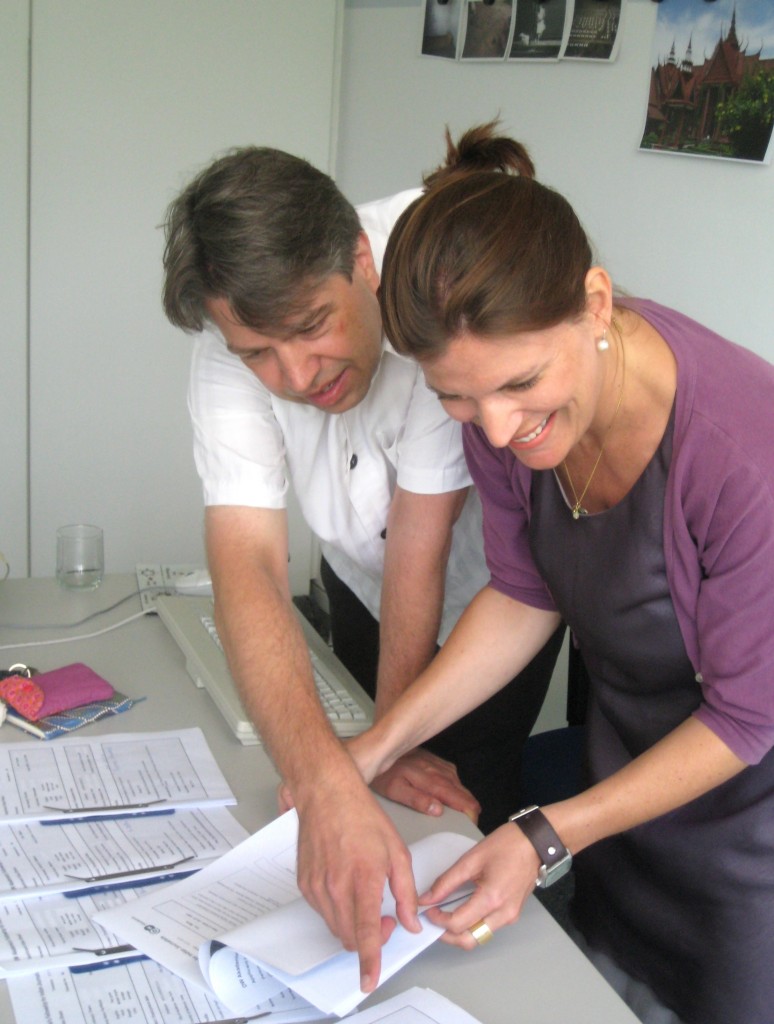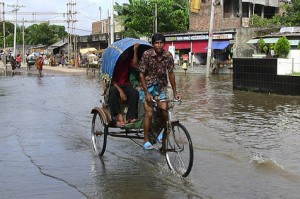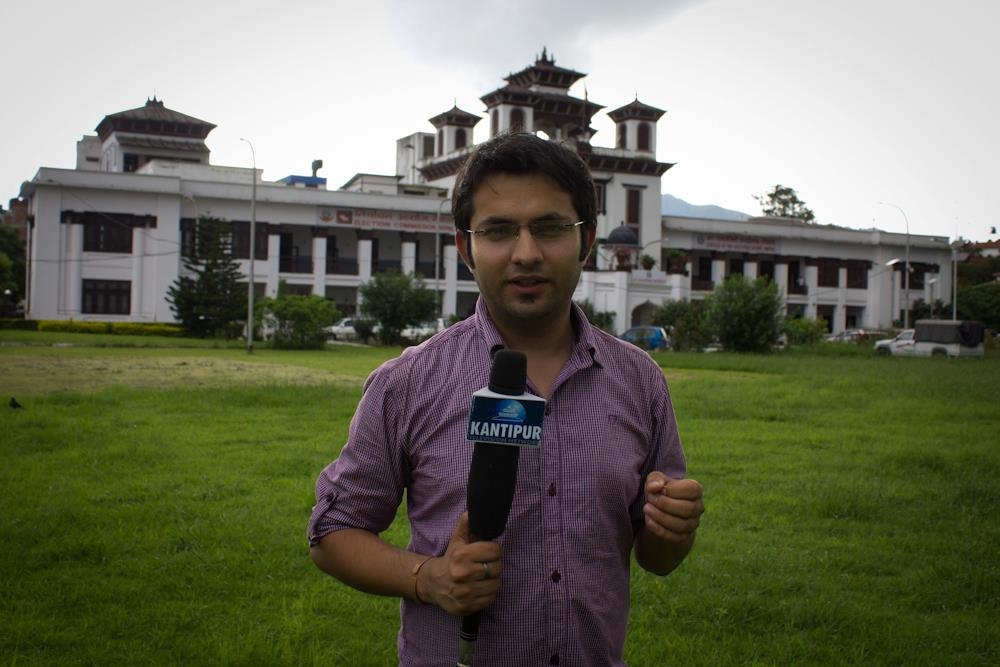What makes a person digitally literate?
Bangladeshi new media pioneer Shahidul Alam tells DW Akademie about the skills and tools that make a person digitally literate. In this interview, he talks about the way to improve digital literacy in Bangladesh and the meaning of more internet access in the country.
UNESCO has defined digital literacy as “the ability to understand and use information in multiple formats from a wide range of sources when it is presented via computers”. With the emergence of social networking, digital literacy has become a major factor in enabling people to raise their voices, communicate, collaborate and pursue wide-scale social and political reforms.
People begin to think digitally when material things are not the only measurable items, Shahidul Alam says. As a promoter of new media, he helped introduce email to Bangladesh in 1994 and set up the first web portal in the country. Alam is also a founding member and advisor in the LEARN Foundation, which is dedicated to information and communication technology (ICT) training in rural regions.Watch the video interview and find out more:
![]() read more
read more
Understanding your target audience
By Bettina Ruigies
Today’s fast moving media environment requires a lot of flexibility from media workers. Multimedia skills are a must. Journalists need to be able to produce stories for radio or television, print or online. At the same time, digitization, the Internet and affordable equipment enables anyone who wishes to open a TV station on YouTube or at least run a blog site.
All this technical innovation offers tempting perspectives for hard working and talented journalists. But frustration and failure might set in when it turns out that hardly anybody is watching or reading.
![]() read more
read more
Reporting on natural disasters
By Riazul Islam
Natural disasters like cyclones and floods are a regular phenomenon in my native country Bangladesh.
As a result, the media there frequently reports on natural disasters. But working on these types of stories requires a special approach, two journalists working in the Bangladeshi capital Dhaka told me.
Mustafizur Rahman is a journalist from New Age, a daily English newspaper published in Dhaka. Iftekhar Mahmud works for Prothom Alo, the leading Bengali newspaper in Bangladesh. They shared their experiences and opinions on what preparations journalists should take before and while covering a natural disaster. Mustafizur and Iftekhar say a reporter faces many challenges when going to cover an area hit by a natural disaster. Before departing to the region, a journalist should of course be sure to check his equipment. But there are other key issues to remember when writing a report on the affected area and its people.
![]() read more
read more
Journalists@Work: Rajneesh Bhandari
In the first of our Journalists@Work series, we talked to Rajneesh Bhandari, a multimedia journalist in Kathmandu, Nepal. Rajneesh participated in DW Akademie’s television reporting training held in Kathmandu in 2009 in cooperation with the Television Journalist Association of Nepal (TVJ). Rajneesh, who works at Kantipur Television, gives us some insight into his everyday life as a journalist in Nepal.
![]() read more
read more
Six Indian fellows bound for Germany
DW Akademie together with Germany’s Robert Bosch Stiftung has wrapped up the selection process for its Meeting and Exchange Project for Indian Journalists . Almost 150 journalists from all across India applied for this project.

Applications are under review by project manager Patrick Benning (left) and head of DW-AKADEMIE's Asia division Dr. Andrea Rübenacker
The call for applications to the fellowship was launched online. The reaction to it by far exceeded all expectations. “We were extremely impressed by the high number of talented and qualified journalists applying,” says project manager Sabina Casagrande who spent two weeks evaluating the applications together with her colleague Patrick Benning. Both project managers admit they would have loved to invite more journalists to participate. “It was heartbreaking to have to reject so many promising candidates,” they say. However, six fellows between the ages of 25 – 35 will be heading to Germany in September for one-and-a-half months of journalistic and intercultural training. They will also be putting together a multimedia project on the topic of sustainability. Here’s a quick peek at the participants:
![]() read more
read more











